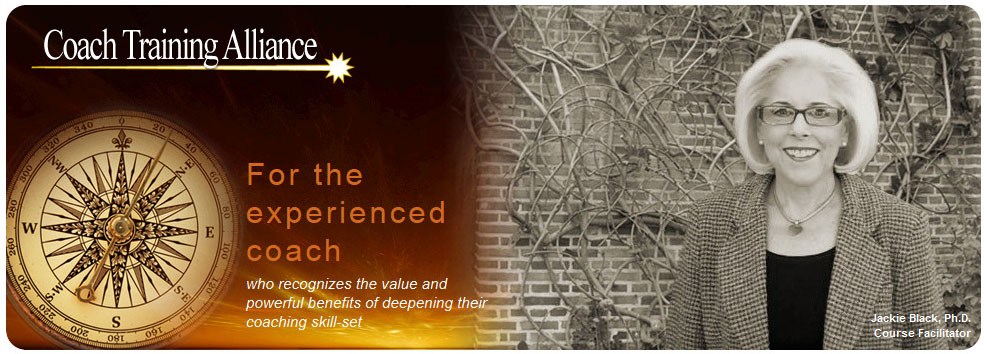The field of personal and organizational/executive coaching has grown rapidly over the past 15 years. The focus on learning core competencies has shifted into the recognition that mastery of those core competencies is essential and getting formal education and advanced training throughout one’s career is central to one’s continued success.
One of the challenges in the field of coaching is that there are many different perspectives on coaching. In the United States, there is no single organization that oversees coaches.
While some people assert that coaching is a profession, it is likely more correct to define it as a field because we have not yet accomplished a standardized approach, code of ethics and credibility to be a profession.
According to Wikipedia, a profession is a vocation founded upon specialized educational training, the purpose of which is to supply disinterested counsel and service to others, for a direct and definite compensation, wholly apart from expectation of other business gain. A profession arises when any trade or occupation transforms itself through “the development of formal qualifications based upon education, apprenticeship, and examinations, the emergence of regulatory bodies…”
Three coaching organizations stand on the forefront and are attendant to this dilemma:
(1) The International Coach Federation which was founded in 1992, has a membership of more than 19,000 personal and business coaches worldwide, offers three levels of certification, coaching school accreditation, a list of standards and practice competencies, and a set of ethical guidelines.
(2) The International Association of Coaches which was founded in 2003, has a membership of more than 800 active members worldwide, delivers their newsletter to more than 13,000 coaches in over 80 countries, is distinct from other certifying bodies in that their rigorous certification process evaluates coaching mastery through demonstration, rather than through completion and documentation of specific training and experience, and provides members with a Code of Ethics.
(3) The Center for Credentialing and Education (CCE) which created the Board Certified Coach (BCC) credential as a means to independently verify that applicants have met professional coaching competency standards established by CCE that include meeting educational and training requirements, passing a psychometrically sound coach specific examination, verifiable experience in the field of coaching, professional peer references, accountability of an enforceable ethics code and a commitment to continuing education.
At CTA we believe that beyond learning core competencies professional coaches are hungry for more formal education and advanced training –the path to mastery. For example, further education in Adult Learning Theory, Social Learning Theory, Leadership Theories and Change Theory, would deepen and enhance our ability to provide tremendous value to our clients–the path to mastery.
Further education related to Tuckman’s stages of group development for coaches who are facilitating small coaching groups would provide a platform to design, develop and deliver small coaching groups with non-stop value –the path to mastery.
Further education related to loss and transition and studying the theories and principles advanced by William Bridges, an internationally known speaker, author, and consultant who advises individuals and organizations in how to deal productively with change, would put us squarely on the path to mastery.
NYU’s School of Continuing and Professional Studies offers a specialization in personal/ life coaching or organizational/executive coaching. Mandatory instruction focuses on academic theories about how to make decisions, communication, motivational skills and human relations.
At CTA we believe that the first step to coaching mastery focuses on deepening your coaching skills. Coaching Mastery requires being able to sit in the presence of clients, listen deeply and elegantly and construct and deliver powerful questions that proved the context for clients to engage in the serious business of change.
We believe that achieving mastery is the goal for every consummate, professional coach for every skill-set they use every day.
Coach Certification training teaches core competencies. If we were to measure it, core competencies would be “a mile wide and an inch deep.” This approach, while valuable and sufficient for certified coaches to deliver value to their clients does not allow them the time or practice to fully master each element of the skill-set.
If we were to measure Mastery, mastery would be “an inch wide and a mile deep.”
Make the decision today to continue on your path to Mastery by enrolling in Deep & Dynamic Coaching Mastery Training the next time it is available.
DDCMT is a 24-hour coaching mastery training course designed for experienced coaches who recognize the value and powerful benefits of deepening your coaching skill-set and taking your skills to the next level in depth, capability and results.
Challenge yourself and improve your coaching skills by working in this safe, dynamic environment with other experienced coaches – this is co-creative at its very best!


